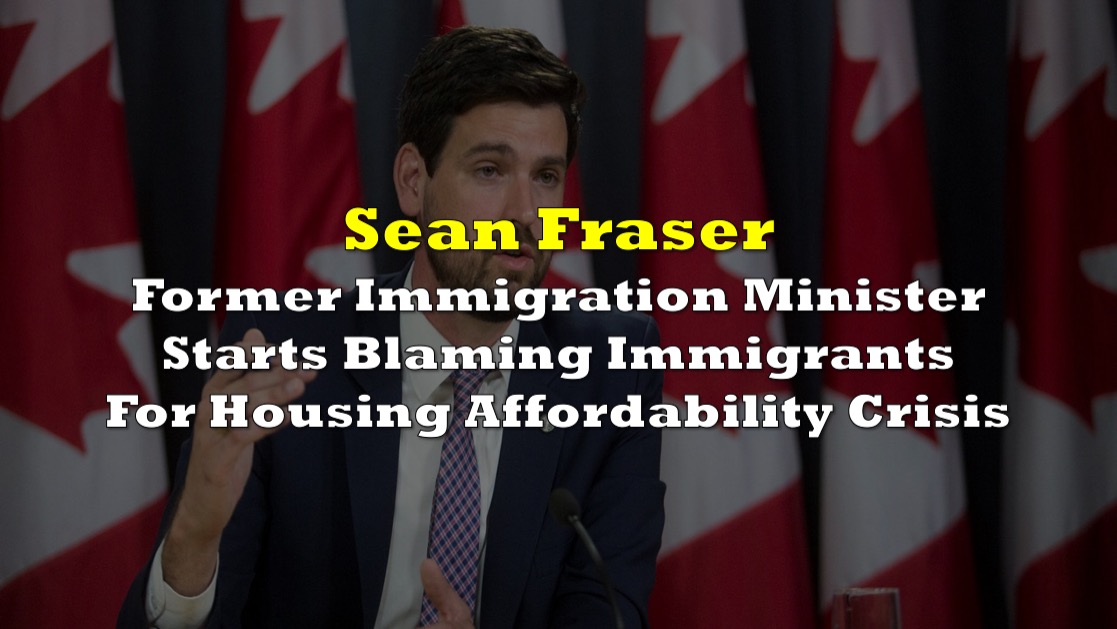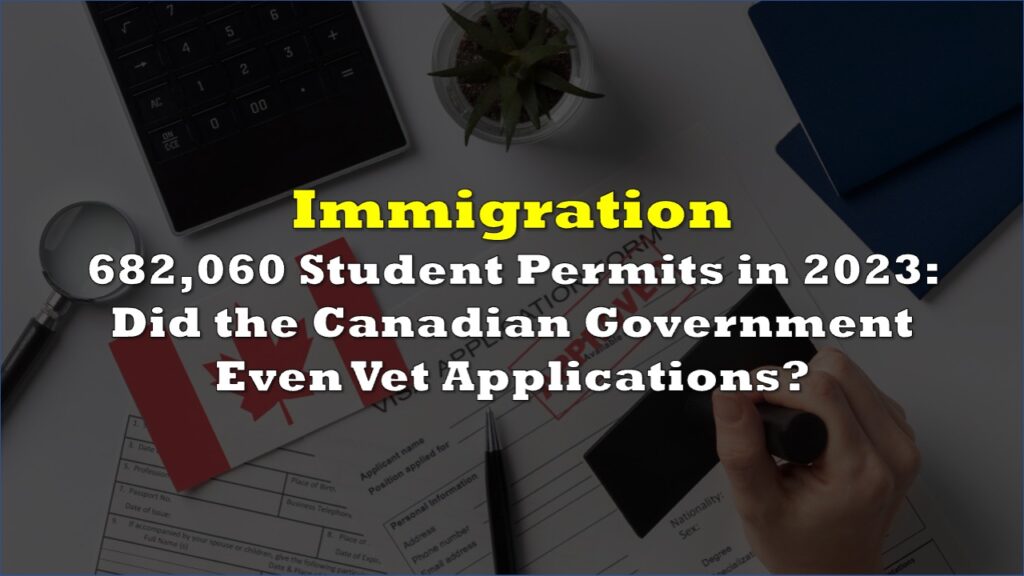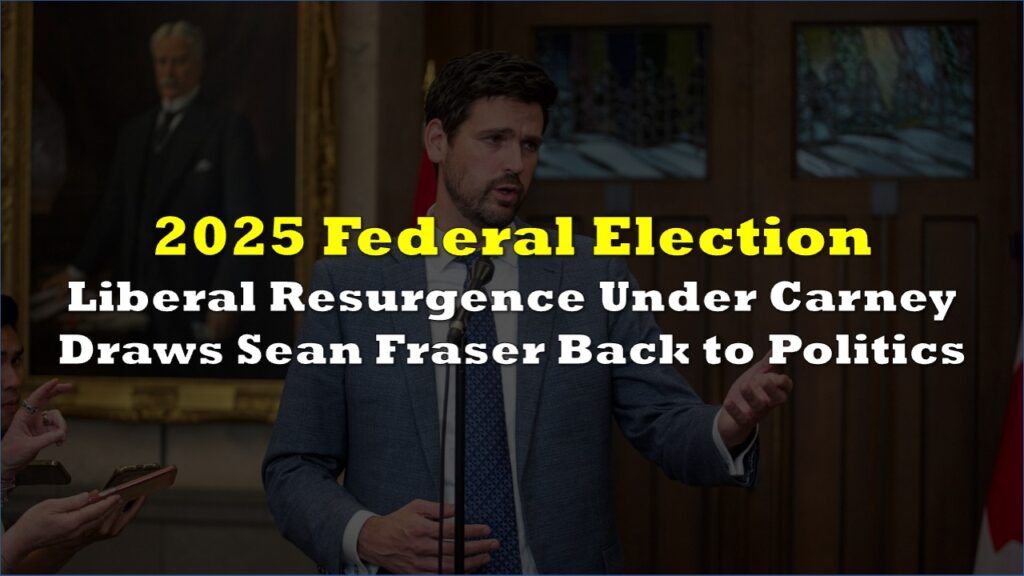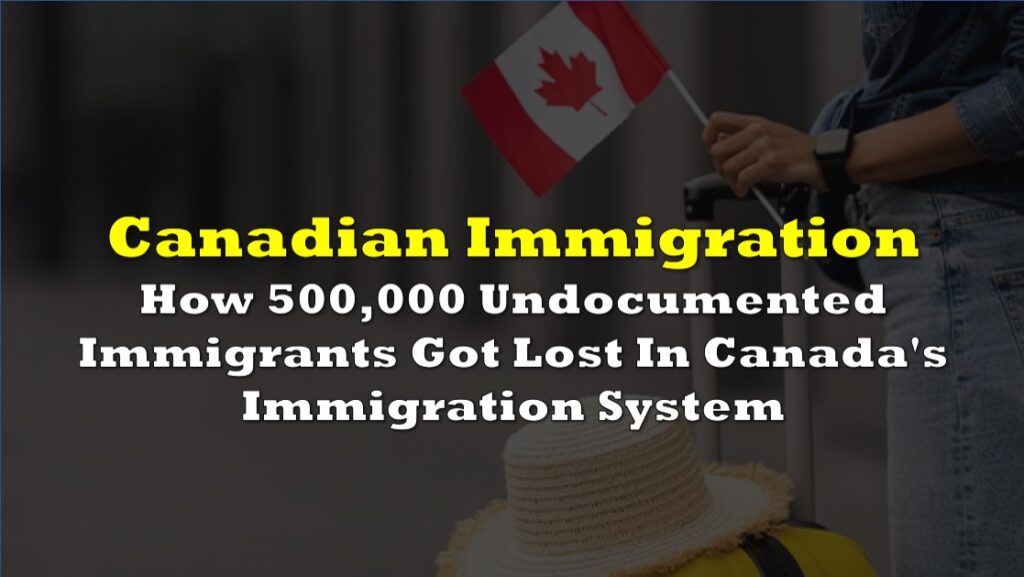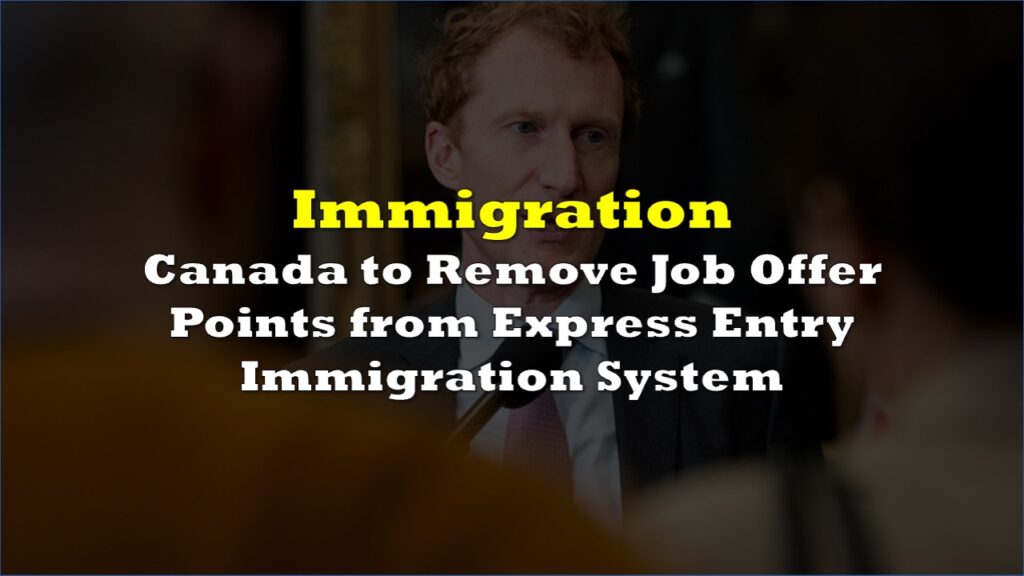It’s a classic “blame your previous work for the problems you’re facing in your current work.” Housing and Infrastructure Minister, Sean Fraser, has called for a thorough reevaluation of the federal government’s stance on international students, suggesting the consideration of implementing a cap on a program that has experienced what he terms as “exploding growth.” This growth has exerted strain on rental markets and led to escalated costs, Fraser stated.
According to government data, the count of international students in Canada has more than doubled since Prime Minister Justin Trudeau assumed office in 2015, reaching a tally of 807,260 by the close of 2022.
Fraser, speaking from Charlottetown, emphasized that the recent surge in the international student program has outpaced the initial expectations of temporary immigration programs.
“The reality is we’ve got temporary immigration programs that were never designed to see such explosive growth in such a short period of time,” Fraser said. He further noted that unlike the yearly target-setting approach for permanent resident immigration, the study permit program operates as a temporary resident initiative driven by demand, lacking a fixed cap.
The surge in international student enrollment, primarily concentrated in certain regions of Canada, is significantly straining the labor market, but even more notably, it’s placing unprecedented stress on the housing sector, the housing minister explained.
When asked about whether the government should consider setting an annual cap on international student admissions, Fraser asserted that this should be an option explored by Ottawa.
Fraser refrained from specifying a timeline for potential reductions in study permit issuances. When asked about any potential changes this fall, he deferred to Immigration Minister Marc Miller, who would provide more insight at a later date.
Liberals want you to blame immigrants for their disastrous housing policy. 👇
— Melissa Lantsman (@MelissaLantsman) August 22, 2023
Justin Trudeau may not see housing as a federal responsibility —that’s what he said just 3 weeks ago.
Liberal policies created this housing crisis that simply can’t be ignored when it is politically… https://t.co/WDvombAXPV
“I will choose the problem of having to rapidly build more houses”
Trudeau’s recent cabinet reshuffle placed Fraser as the new Minister of Housing, Infrastructure and Communities. Prior to this, he was the Minister of Immigration, Refugees and Citizenship since 2021, wherein one of the office’s goals is the government’s ambitious target: 500,000 immigrants annually by 2025.
In a recent interview with Maclean’s, when asked about the goal number of immigrants becoming permanent residents, the 39-year old minister emphasized that “people have to be careful when trying to understand those numbers.”
“It’s not uncommon for half of the ‘new’ permanent residents in the annual count to have already been here as temporary ones—some are temporary foreign workers or international students,” he said.
When prodded on his thoughts about immigration potentially bringing an increasing concern on livability and quality of living, Fraser said that one has to “look at the counterfactual if you’re going to say it’ll be more difficult for newcomers and citizens to thrive in this country if you add more people.”
“I can tell you that, 365 days a year, I will choose the problem of having to rapidly build more houses because so many people want to move to my community over losing schools and hospitals because so many people are leaving,” he added.
However, his comments on student visas, made by Fraser on the sidelines of a three-day cabinet retreat in Prince Edward Island, essentially tell a varied story. The foremost concern during these meetings is the affordability crisis, which is driving numerous Canadians to a critical juncture, primarily due to the escalating housing expenses. The government’s priority is to devise innovative approaches aimed at enhancing accessibility within the first-time homebuyers’ market, while also tackling the mounting rental costs that are becoming progressively unmanageable for households with lower and middle incomes.
Universities and colleges in Canada have increasingly come to depend on international students for revenue, given their higher tuition fees compared to domestic students. Fraser stressed the necessity of collaboration between the federal government and these institutions to ensure that they take responsibility for adequately accommodating the growing number of international students they admit.
Furthermore, Fraser pointed out the importance of scrutinizing private colleges more rigorously, some of which he insinuated might be operating illegitimately, exploiting the international student permit system. He highlighted that certain institutions seem to be existing purely to profit from vulnerable international students, citing examples of “plaza colleges” with enrollment far surpassing their physical capacity.
Housing gap filled with immigration concerns
The housing crisis is a focal point of the federal cabinet’s discussions, with Fraser noting that the authors of a recent report will provide insights during the retreat. This report attributes the spike in rental housing expenses in part to the increase in young adults living in Canada, linked to the rise in international students. The authors advocate for the government to formulate a housing-focused industrial strategy, asserting that the nation needs to construct an additional 5.8 million housing units, around two million of which should be dedicated to rentals, in order to restore affordability by 2030.
In a separate context in Ottawa, Conservative Leader Pierre Poilievre held the government accountable for the soaring housing costs, attributing the rapid escalation to Trudeau’s tenure. Poilievre criticized Trudeau’s attempt to shift blame to immigrants and called for attention to be directed at sluggish municipal bureaucracies impeding construction projects.
“Now he wants Canadians to forget all that and blame immigrants; he wants to divide people to distract from his failings,” Poilievre told reporters on Parliament Hill.
Fraser, in Charlottetown, underscored the need to be cautious about attributing blame to immigrants for the housing crisis. He brushed off Poilievre’s critique, asserting that the Conservatives were essentially promising what the Liberals had campaigned on in past elections.
In a distinct press conference, Trudeau responded to reporters in Cornwall, PEI, highlighting that immigration plays a pivotal role in addressing Canada’s housing shortfall, as the construction industry requires more skilled labor.
“There’s much more we need to do on housing and we’re continuing to step up,” he said. “But we’re going to continue to be the open, welcoming, prosperous and growing country we’ve always been, because that has been something that has led to great opportunities and prosperity for all Canadians.”
Information for this story was found via the The Globe And Mail, Maclean’s, and the sources mentioned. The author has no securities or affiliations related to the organizations discussed. Not a recommendation to buy or sell. Always do additional research and consult a professional before purchasing a security. The author holds no licenses.

